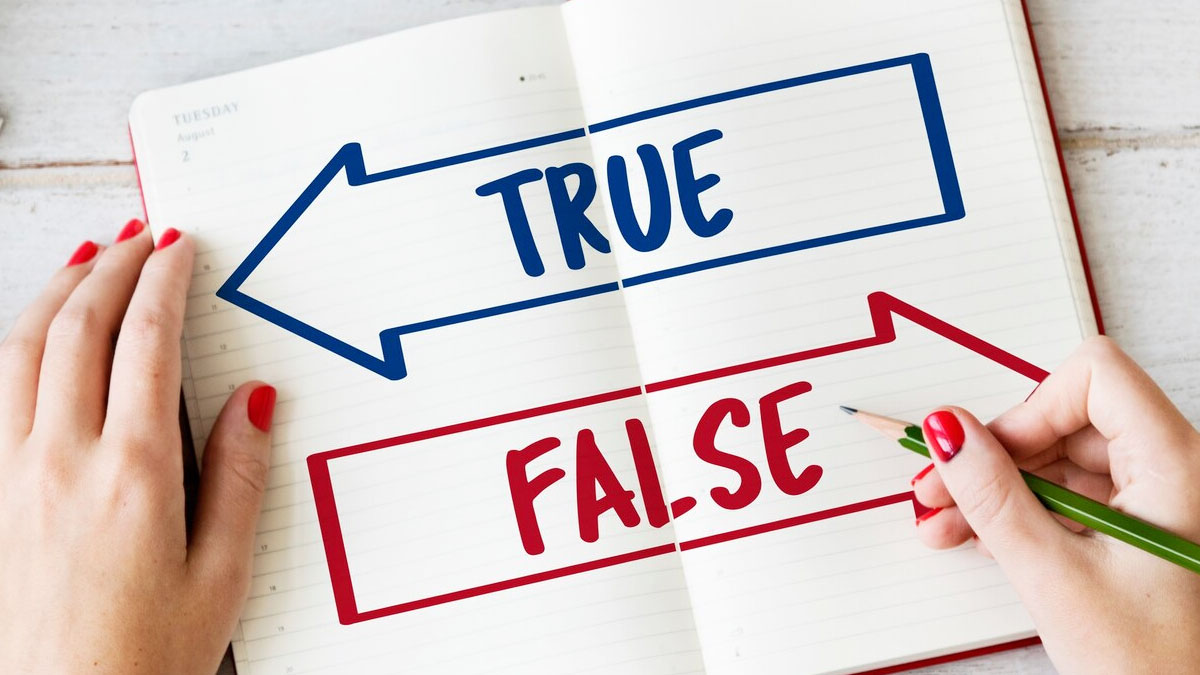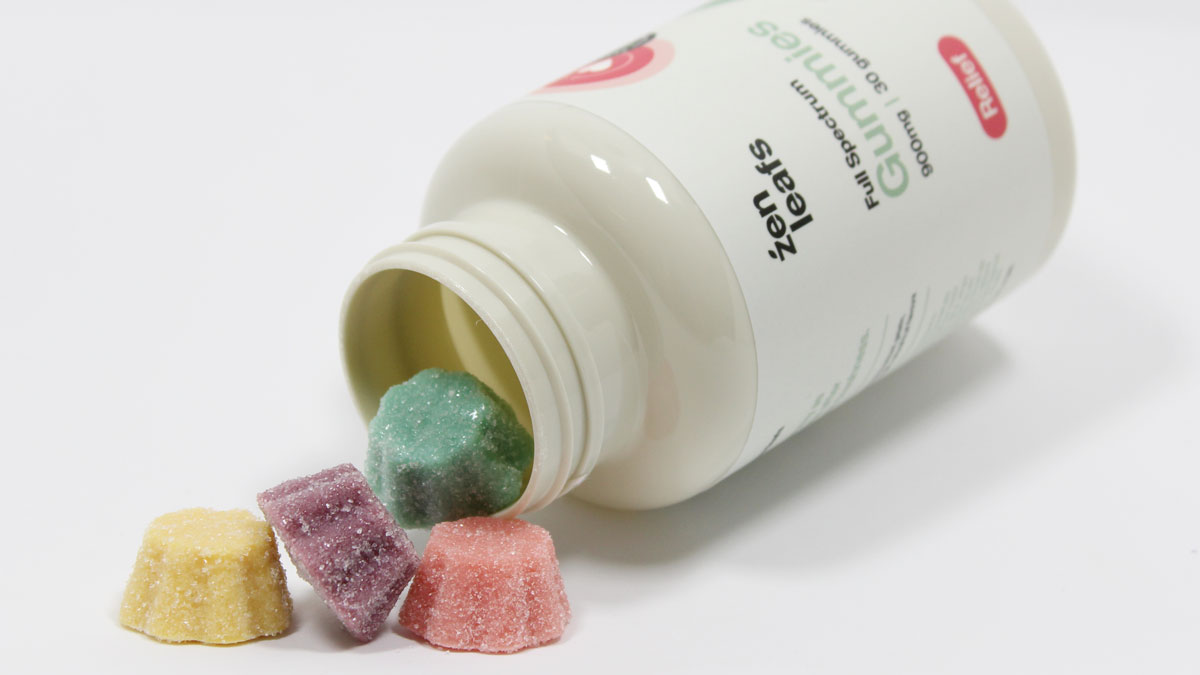CBD (cannabidiol) has exploded in popularity in recent years, with many hailing it as a natural remedy for a wide range of ailments, from anxiety to chronic pain. It’s no wonder that as CBD becomes more mainstream, it has also attracted its fair share of misconceptions. These myths can cloud judgment and make it difficult to understand what CBD can really do—and what it can’t.
In this article, we’ll bust some of the most common myths about CBD, arming you with the facts to make informed decisions.
What is CBD?
Before diving into the myths, let’s quickly clarify what CBD is. Cannabidiol, or CBD, is a compound found in cannabis plants, particularly in hemp, which contains minimal THC (tetrahydrocannabinol). Unlike THC, CBD is non-psychoactive, meaning it won’t get you “high.” It’s one of the many cannabinoids that interact with the body’s endocannabinoid system (ECS), a network of receptors that helps regulate functions like sleep, mood, and immune response.
Now that we’re clear on what CBD is, let’s address the confusion surrounding it.
Myth 1: “CBD Gets You High”
The Reality:
CBD does not get you high. While both THC and CBD come from cannabis, they affect the brain in different ways. THC binds directly to cannabinoid receptors in the brain, triggering the euphoric “high” typically associated with marijuana. In contrast, CBD interacts with these receptors in a more indirect manner, helping to regulate things like pain, anxiety, and inflammation—without the mind-altering effects.
In fact, CBD may actually counteract some of the effects of THC. So, if you’re worried about feeling spaced out or “stoned” from using CBD, rest assured that you won’t.
Myth 2: “CBD is Addictive”
The Reality:
According to the World Health Organization (WHO), CBD exhibits no potential for abuse or dependence. Unlike substances like nicotine or opioids, which can lead to physical and psychological dependency, CBD does not have addictive properties. It’s also worth noting that CBD doesn’t produce the dopamine-driven “reward” cycle that addictive substances do.
Furthermore, research shows that CBD may actually help people struggling with substance addiction by reducing cravings and managing withdrawal symptoms. So, not only is CBD not addictive, but it might even serve as a tool for helping people overcome addiction.
Myth 3: “CBD is Illegal Everywhere”
The Reality:
CBD’s legal status depends on where it comes from. Hemp-derived CBD, which contains less than 0.3% THC, is legal under U.S. federal law, thanks to the 2018 Farm Bill. However, some states have their own regulations, so while CBD is legal at the federal level, state laws can vary.
In many countries around the world, CBD is also legal, provided it’s derived from industrial hemp and meets specific criteria (such as low THC content). Always check your local laws to ensure you’re complying with regional restrictions, but know that CBD is legal in many parts of the world.
Myth 4: “CBD Works the Same for Everyone”
The Reality:
CBD interacts with the body’s endocannabinoid system
, and how it works can vary significantly from person to person. Factors like body weight, metabolism, the condition being treated, and even genetics play a role in how CBD affects you. For example, someone using CBD for anxiety may need a different dose than someone using it for chronic pain.
Results may also take time. While some people notice effects within hours or days, others may need weeks to see results. CBD isn’t a “magic bullet,” and finding the right dosage and delivery method (oils, capsules, topicals, etc.) often requires some experimentation.
If you’re just starting with CBD, be patient and consider consulting with a healthcare provider to tailor the dosage to your specific needs.
Myth 5: “The More CBD You Take, the Better the Results”
The Reality:
More CBD does not necessarily mean better results. In fact, CBD has what’s known as a biphasic effect. This means that at lower doses, CBD may have certain effects (like relieving anxiety), while at higher doses, it could have opposite or diminished effects. For example, taking a moderate amount of CBD might help you feel calm, while taking too much could actually make you feel more anxious or sedated.
Finding the optimal dose for your body is key. Rather than increasing your dosage dramatically, start low and slowly increase it until you achieve the desired effect. As always, it’s wise to consult with a healthcare professional if you’re unsure of the right amount to take.
Myth 6: “CBD Cures All Health Problems”
The Reality:
It’s easy to get swept up in the hype surrounding CBD, especially when you see claims that it can cure everything from arthritis to cancer. While there’s no doubt that CBD holds promise for a range of conditions, it’s important to approach these claims with caution.
CBD is not a cure-all. While research shows that CBD may be effective in managing symptoms for conditions like epilepsy, anxiety, and chronic pain, it’s not a miracle solution. In fact, the FDA has only approved one CBD product—Epidiolex, which is used to treat two rare forms of epilepsy.
CBD should be seen as a potential supplement to traditional treatments, not a replacement for them. If you’re dealing with a serious health condition, always consult your doctor before incorporating CBD into your routine.
Conclusion
CBD is a fascinating compound with a lot of potential, but the myths surrounding it can make it hard to separate fact from fiction. By debunking these common misconceptions, we hope to provide a clearer picture of what CBD can—and cannot—do.
Remember, CBD won’t get you high, it’s not addictive, and it doesn’t work the same for everyone. Legal issues surrounding CBD can be tricky, but in many cases, it’s perfectly legal to use. Finally, while CBD offers many potential benefits, it’s not a miracle cure, and finding the right dosage is key.
The next time you hear someone repeating one of these myths, you’ll be armed with the facts to set the record straight. Stay informed, and always make sure to consult reliable sources when researching CBD. Your health is worth it.
Shop online at CBDMagic for easy and convenient access to Canada’s best organic CBD oil.


